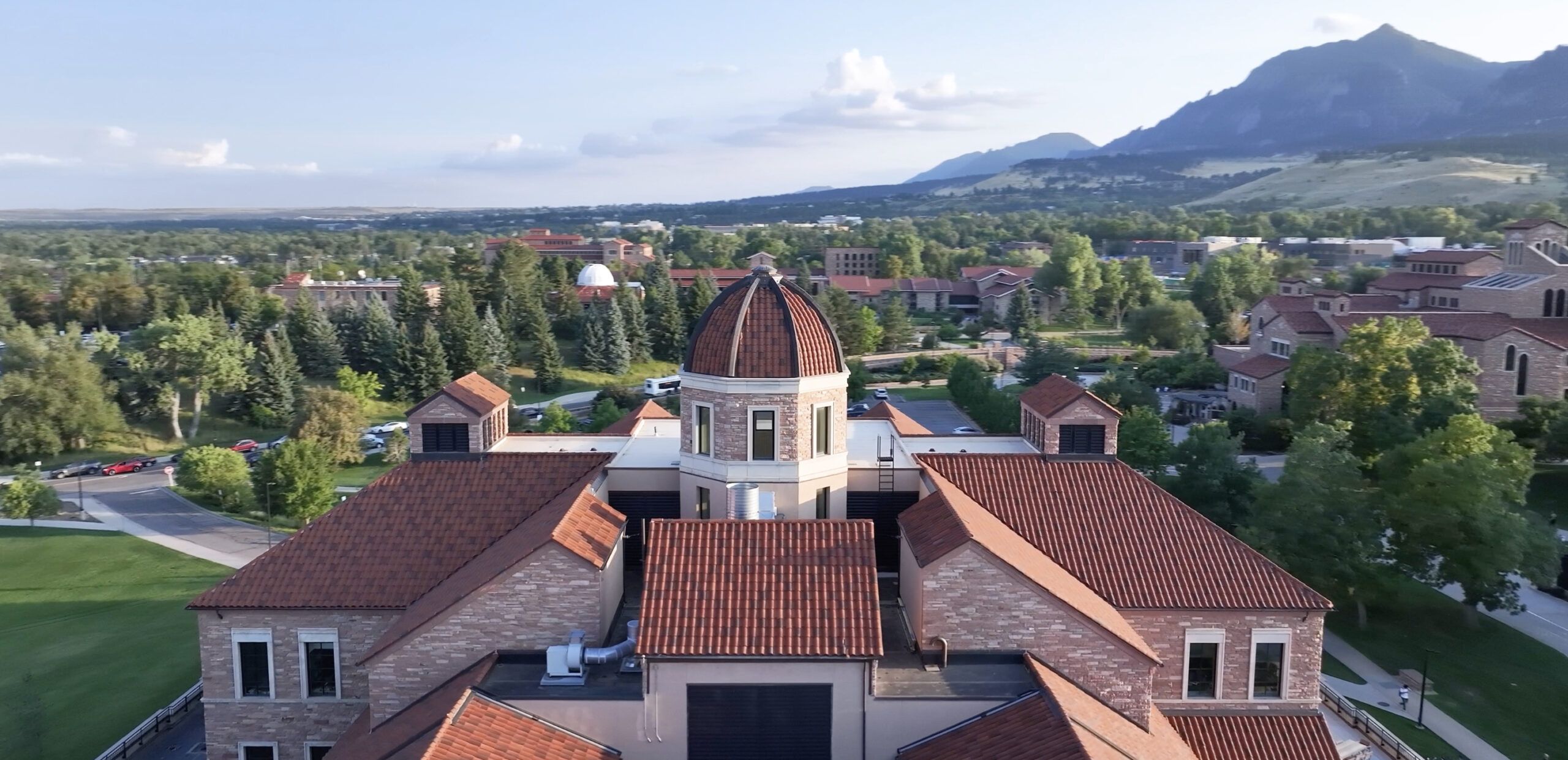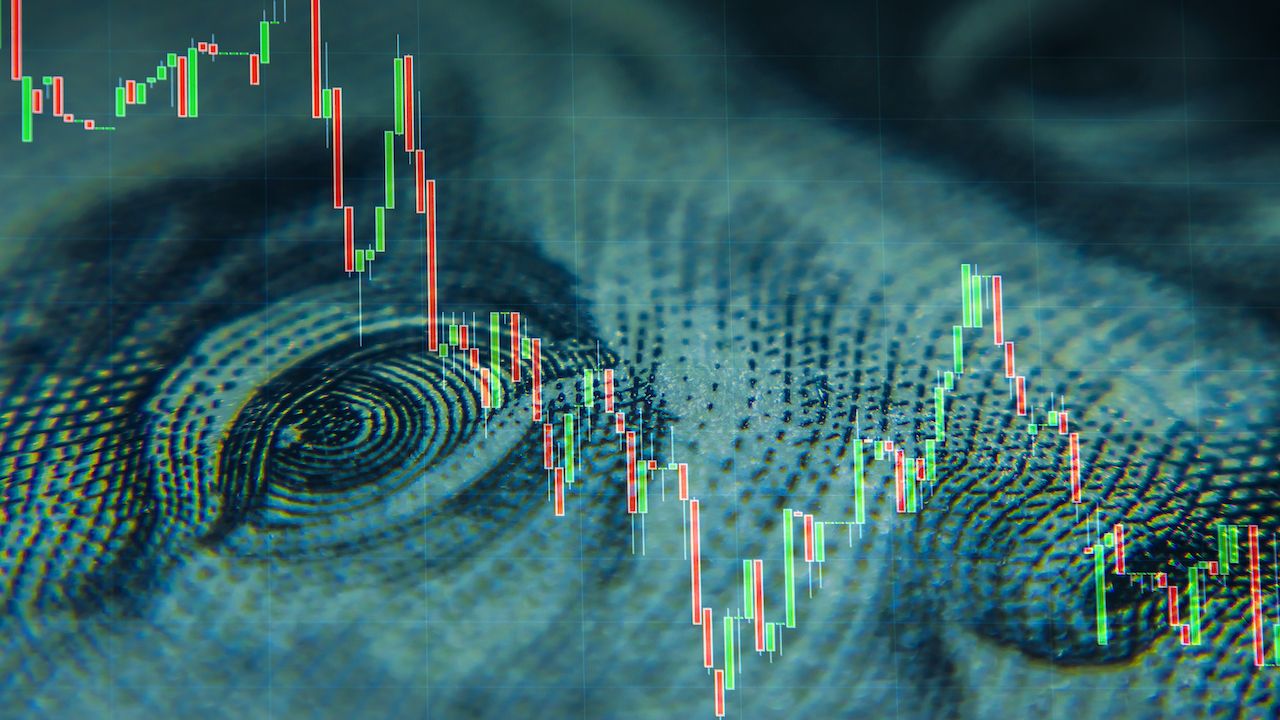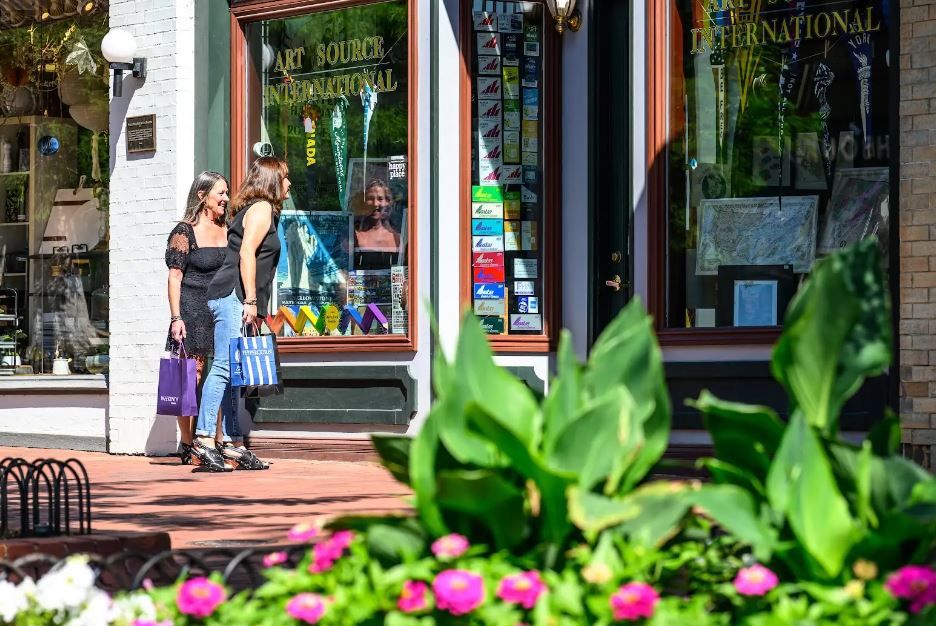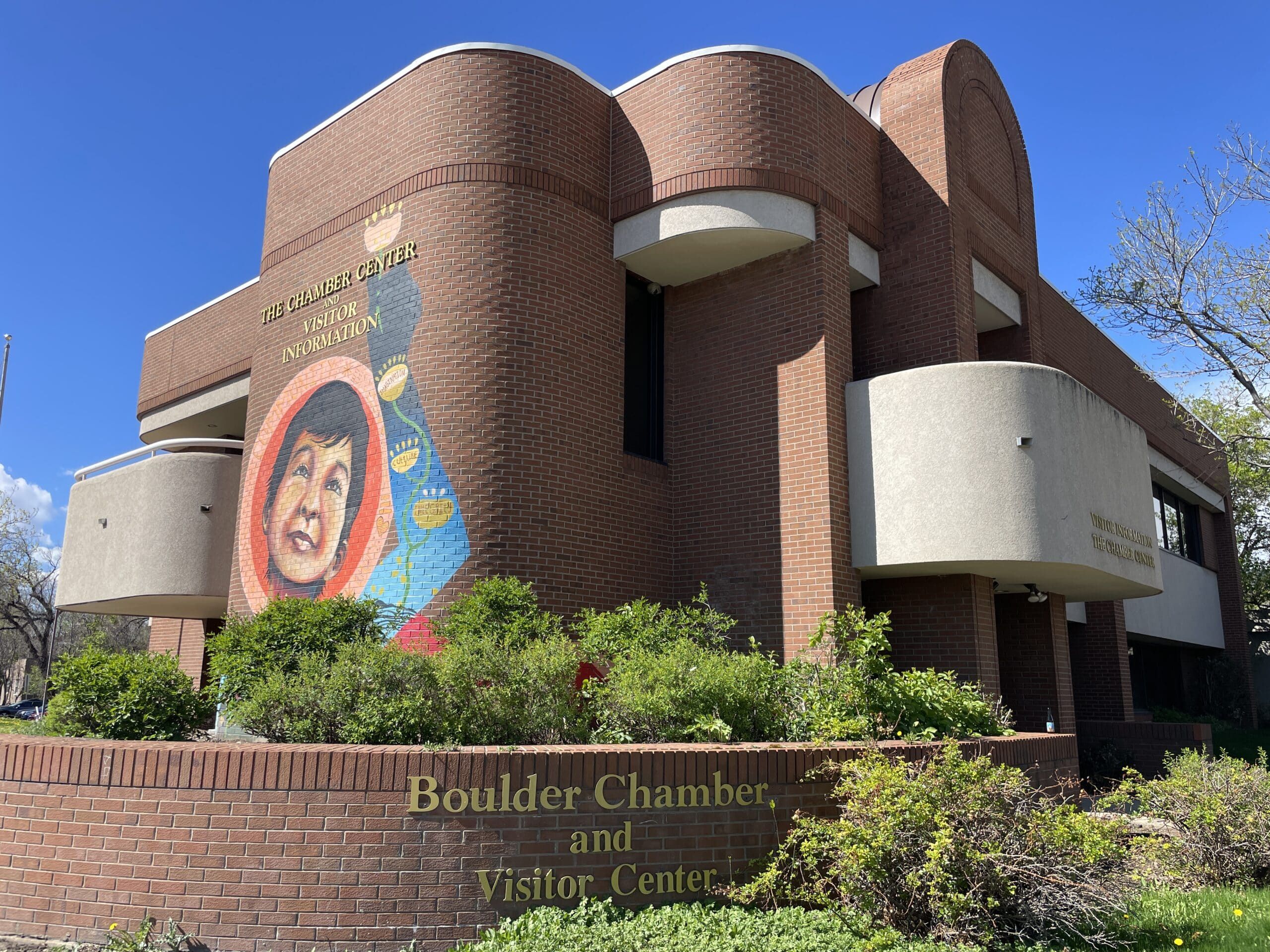Economists predict quicker recovery from COVID recession
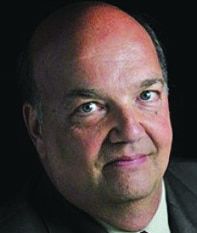
BOULDER — The local, state and national economy should bounce back more rapidly from the hits it has taken during the COVID-19 pandemic than it did from the Great Recession, according to University of Colorado Boulder economists who spoke Thursday at the virtual “2021 Economic Forecast: Boulder and Beyond.”
“We think this recovery’s going to be substantially quicker,” said Rich Wobbekind, senior economist and associate dean for business and government relations at CU Boulder. “The 2008-10 recession was really a global financial crisis. We needed to repair the financial system and the economic system. That took many years to fully repair — over six years to get back to the same level of jobs.

“This time around, the financial system is in much better shape,” he said, pointing to a sound banking system and good financial reserves and adding that “we just need to heal the Main Street economy.”
Wobbekind predicted that it should take about two years to get the nation’s gross domestic product back to pre-pandemic levels and about three-and-a-half years for employment to return to pre-COVID numbers.
Working in Colorado’s favor, said Brian Lewandowski, executive director of the research division at CU Boulder’s Leeds School of Business, is that it’s “more of a small-business state than the national average” — 88.5% of the state’s businesses are smaller. “Young business, small business bodes well for how we perform and perhaps for our recovery,” he said. “Those are positive drivers for economic growth.”
Lewandowski pointed to some perhaps-surprising positives in Boulder during the pandemic. The scientific and technical sectors performed well, and the area saw the third best manufacturing job growth in the nation, he said. Bankruptcies were down year over year in 2020, perhaps attributable to federal ventures such as the Payroll Protection Program. Delinquency filings haven’t spiked, new-entity filings are seeing a resurgence that started in May, and 2020 was the best year for attracting venture capital since the Great Recession.
“Perhaps we’re becoming more entrepreneurial,” he said. Business optimism, which was “more muted” as it looked to the first quarter of 2021, is ‘remarkably more positive” as the year progresses. “They plan to return to the office in midsummer and think their workers are more productive there.”
Wobbekind said he is “relying on consumers to continue to spend, and we see that accelerating through 2021, with stronger growth in the second half.”
Even so, he added, “people have to feel confident to spend money. The volatility in the stock market doesn’t help especially among older people who think their retirement accounts are in jeopardy or not stable. For consumer confidence, we have to have more vaccines out there and more things returning to normal before we see more consumer spending.”
Both economists doubted that federal budgets would be rolled back much this year, which is good news for the area’s “economic stabilizers” — universities and research laboratories. Wobbekind said the new administration’s emphasis on fighting climate change would mean more research dollars for those entities.
Still, Lewandowski said, “as the COVID cases go, so the economy goes.” Both economists pointed to initial dives in a broad range of economic indicators last spring, followed by small surges in summer and fall, followed by more declines in November and December.
“Some of the growth the North Metro Front Range has benefitted from, we’re seeing that spread out,” Lewandowski said. Whereas the Boulder Valley and Northern Colorado once were national leaders in employment growth, he said, those figures have changed. Fort Collins now ranks 242nd nationally and Boulder 255th, while Grand Junction now is 10th best in the nation for job growth.
The event was sponsored by the Boulder Chamber, Boulder Economic Council and Elevations Credit Union.
© 2021 BizWest Media LLC
BOULDER — The local, state and national economy should bounce back more rapidly from the hits it has taken during the COVID-19 pandemic than it did from the Great Recession, according to University of Colorado Boulder economists who spoke Thursday at the virtual “2021 Economic Forecast: Boulder and Beyond.”
“We think this recovery’s going to be substantially quicker,” said Rich Wobbekind, senior economist and associate dean for business and government relations at CU Boulder. “The 2008-10 recession was really a global financial crisis. We needed to repair the financial system and the economic system. That took many…

